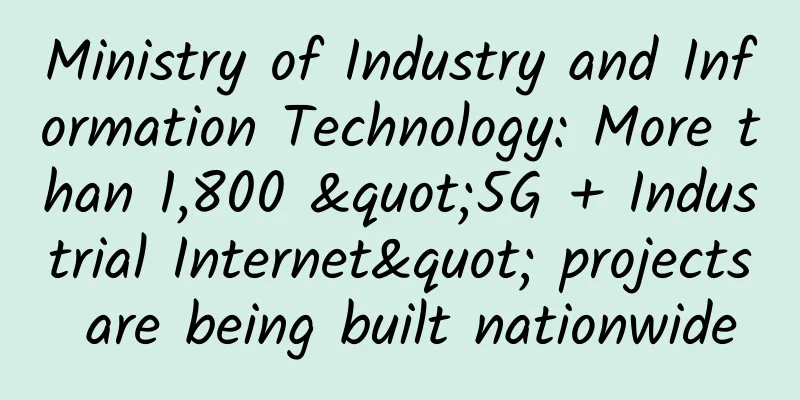How to ensure consistency of Serverless business deployment updates?

|
Since I started working on Serverless tools, I often encounter people asking this question: How to ensure the consistency of Serverless business deployment updates? The so-called consistency here means: we deploy the project locally through tools. At this time, someone updates the project through other channels (such as console, etc.). If I deploy the project locally again, will it be directly overwritten? For example, when user A updates the business locally, due to some special circumstances, an online exception "x" occurs. At this time, user B updates again and fixes the content, but B does not synchronize this to A in time. A updates a new function and directly overwrites B's content. At this time, the previous exception x appears again. If A can sense that the online resources have changed when updating at this time, then this incident will not happen again. Currently, the Alibaba Cloud Function Compute component based on Serverless Devs already supports the ability to perceive online "changes", including the following situations: Create and deploy a resource locally that is not available online. Complete local deployment, update online, and deploy locally again. Create and deploy a resource that is already available online locally. Experimental preparation Create a function through s init (select Alibaba Cloud Serverless, select HTTP Function - Python3 Example): Now let's take a look at s.yaml: After the project is deployed online, a fc-deploy-service service and an http-trigger-function function are created in the cn-hangzhou zone. Create and deploy a resource locally that is not available online At this point, we confirm that there are no corresponding resources online, so we deploy them: The deployment was completed smoothly: Open the browser and check the custom address given to us: At this point, we can update this function code locally: Save the deployment: After completion, check out the online resources: The whole process is relatively close to the traditional basic process and does not trigger any online changes. It can be considered an ideal process. Local deployment is complete, online updates are made, and local deployment is repeated At this point, we make changes to the online resources. First, find the function in the console: Modify the code and deploy it. After the deployment is complete, let's refresh the address just now: You can see that it has been updated. At this point, we deploy it locally: As you can see, the system has sensed our code changes. At this time, we select yes and check the online resources after completion: It should be noted that any changes in the service, function, or trigger of Function Compute can be detected here, regardless of configuration or code. Create and deploy an existing online resource locally At this point, we will conduct the final experiment. We will delete the local project and rebuild it. Then we will deploy it. Due to the reasons in the previous experiment, we already have these resources online, so this is considered to be deploying an online resource. At this point, you can see that the system senses that this resource has not been deployed locally, but is online and already exists, so it is necessary to determine whether to overwrite it. Summarize When the code is updated in other scenarios, we need to be aware of it at the moment. This is actually very important and is essential to the safe release of the code. At this time, Serverless Devs can do it. So the question is, if I already have a project and I want to integrate it into the CD process, and I don’t want interactive operations, how should I deal with it? At this time, we provide a --use-local parameter to forcibly overwrite the online configuration. Through such instructions, non-interactive and local priority can be achieved. The birth of every tool has a growth process, and Serverless Devs is constantly growing. We look forward to more and better features. Original link: http://click.aliyun.com/m/1000284611/ |
<<: CNCF TOC Committee Member Zhang Lei: What has the evolving cloud native brought us?
Recommend
5G users will exceed 190 million this year and reach 2.8 billion by the end of 2025
According to a report from Ericsson, by the end o...
Emerging 5G technology puts SIM-based IoT devices at greater risk
Downloading a high-definition movie in the blink ...
Tencent held the second Service Innovation Conference to implement the concept of "Service-oriented, Technology for Good"
On December 7, the second SICC Service Innovation...
Unlocking the shackles of 5G network development: Cloud-native NFV is indispensable
The implementation of 5G technology will bring th...
BudgetVM high-defense dedicated server 50% off for the first month, 1Gbps unlimited traffic, 5 computer rooms starting from $41.94
BudgetVM is still offering a 50% discount on the ...
Three major risks and countermeasures for data center migration
Data center migration is a complex undertaking th...
FAA announces agreement with AT&T, Verizon to expand C-band 5G signals
The Federal Aviation Administration (FAA) said it...
kernel panic-not syncing:VFS:Unable to mount root fs on unknown-block
According to the feedback from the merchant, a us...
Huawei Enjoy 10S is launched: hardcore performance + large battery, a new entertainment choice for young people
With the continuous development of mobile phones,...
The total number of mobile users of the three major operators reached 1.59 billion, and the proportion of 4G users declined
According to the latest data released by the Mini...
Design tiny url
Design tiny url For example, Maimai will not allo...
Liu Liehong of the Ministry of Industry and Information Technology: As of October, more than 700,000 5G base stations have been put into operation
Since the issuance of 5G commercial licenses in m...
What is CDN? A detailed explanation of CDN in one article
[[254871]] In today's mobile Internet era, mo...
In the era of full intelligence, adapt with intelligence | H3C shares its network innovation blueprint at the 4th Future Network Development Conference
From August 14 to 15, New H3C Group, a subsidiary...
China's 5G is 10 times ahead, US companies abandon the "5G threshold" and turn to Korean companies to develop 6G
Recently, Google executives admitted that the Uni...









